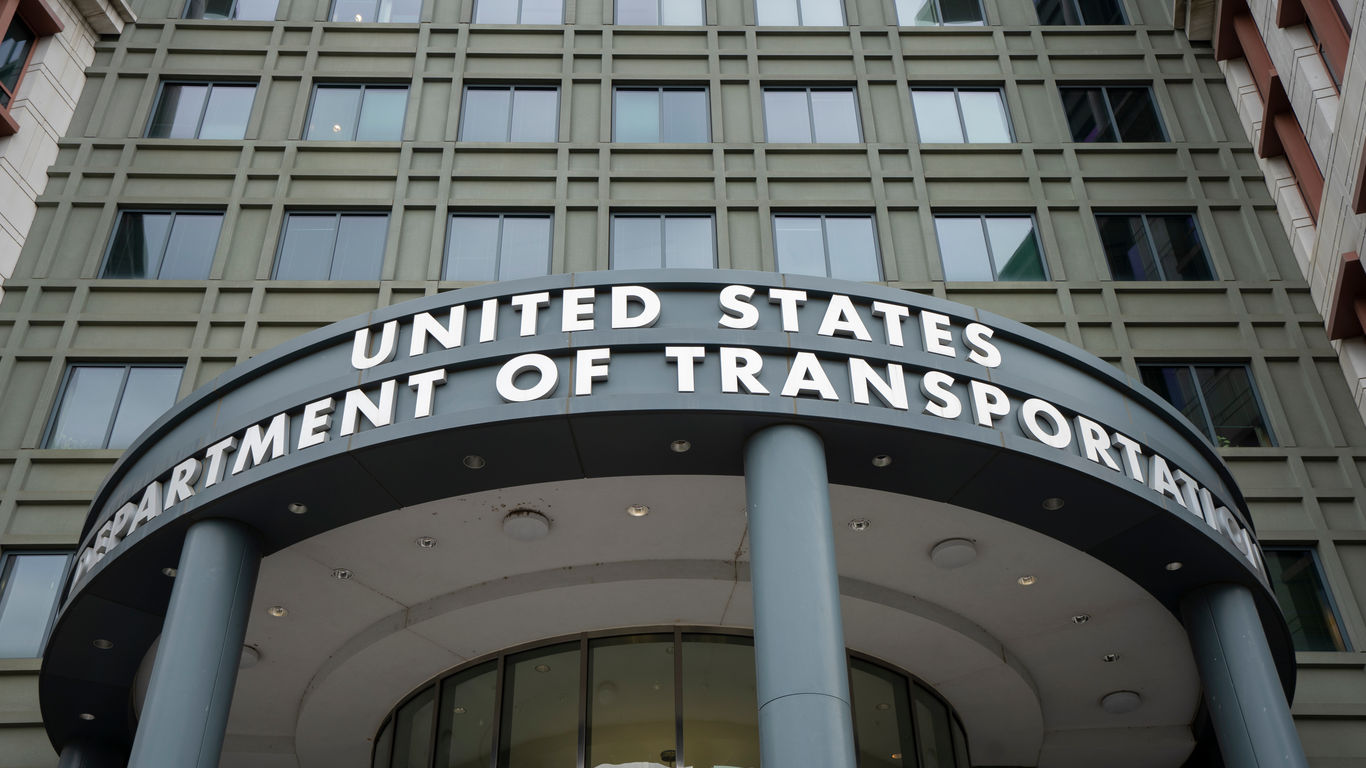DOT Restricts Mexican Flights, Blocks Delta-Aeromexico Deal

Background of the Dispute
The U.S. Department of Transportation has introduced new restrictions on Mexican airlines, citing that Mexico has not adhered to a long-standing aviation agreement. These changes, announced by Transportation Secretary Sean P. Duffy, are part of the broader effort by the Trump administration to protect American carriers and ensure fair competition in the aviation sector.
At the core of this issue is the 2015 U.S.-Mexico Air Transport Agreement, which aimed to enhance travel between the two countries and promote competitive practices among airlines. However, according to U.S. officials, Mexico began violating the agreement in 2022 by removing key airport slots from U.S. airlines and compelling American cargo carriers to relocate from Benito Juárez International Airport (MEX) with minimal notice.
Duffy stated in a news release that the previous administration allowed Mexico to breach the bilateral aviation agreement, adding, “That ends today. Let these actions serve as a warning to any country who thinks it can take advantage of the U.S., our carriers, and our market. America First means fighting for the fundamental principle of fairness.”
What’s Changing
To counter what the Department of Transportation (DOT) describes as unfair behavior, three new rules have been implemented:
- Flight Schedules – Mexican airlines must submit detailed flight schedules for all U.S. flights to the DOT.
- Charter Approvals – Large charter flights between the U.S. and Mexico require prior approval from the DOT.
- Delta-Aeromexico Deal – The DOT is considering revoking the antitrust immunity granted to the Delta-Aeromexico joint venture, which currently allows them to coordinate pricing, flights, and revenue.
If this immunity is removed, Delta and Aeromexico would still be able to collaborate in limited ways, such as codesharing or offering reciprocal frequent flyer benefits, but they would no longer be able to function as a single business entity in the U.S.-Mexico market.
Delta expressed concerns about the potential impact of this move, stating that it could harm consumers traveling between the U.S. and Mexico, as well as U.S. jobs and transborder competition.
Why It Matters
These restrictions stem from actions taken by Mexico in 2022, which the DOT claims were unfair and disruptive. Mexico removed slots not only from U.S. airlines like Delta, United, and American, but also from its own carriers, including Aeromexico and Viva Aerobus, citing congestion at MEX as the reason.
In early 2023, Mexico issued a decree forcing all-cargo flights to leave MEX and move to the newer Felipe Ángeles International Airport. This caused significant challenges for American businesses reliant on fast and reliable cargo shipping.
U.S. officials also note that Mexico has not implemented a fair and internationally recognized system for slot allocation at its airports, which is required under the 2015 agreement.
The DOT emphasized that Mexico’s actions negatively affect airlines trying to enter the market, existing competitor airlines, air travelers, and businesses dependent on time-sensitive air cargo shipments between the two countries.
What’s Next?
According to reports, discussions between the U.S. and Mexico are ongoing, though an agreement has not yet been reached. The U.S. is monitoring the situation closely and may take further action if Mexico does not change its approach, including potentially blocking future flight requests from Mexican airlines.
This move also serves as a broader statement: the U.S. is prepared to challenge any country that, in its view, does not uphold fair practices in international aviation.
Post a Comment for "DOT Restricts Mexican Flights, Blocks Delta-Aeromexico Deal"
Post a Comment